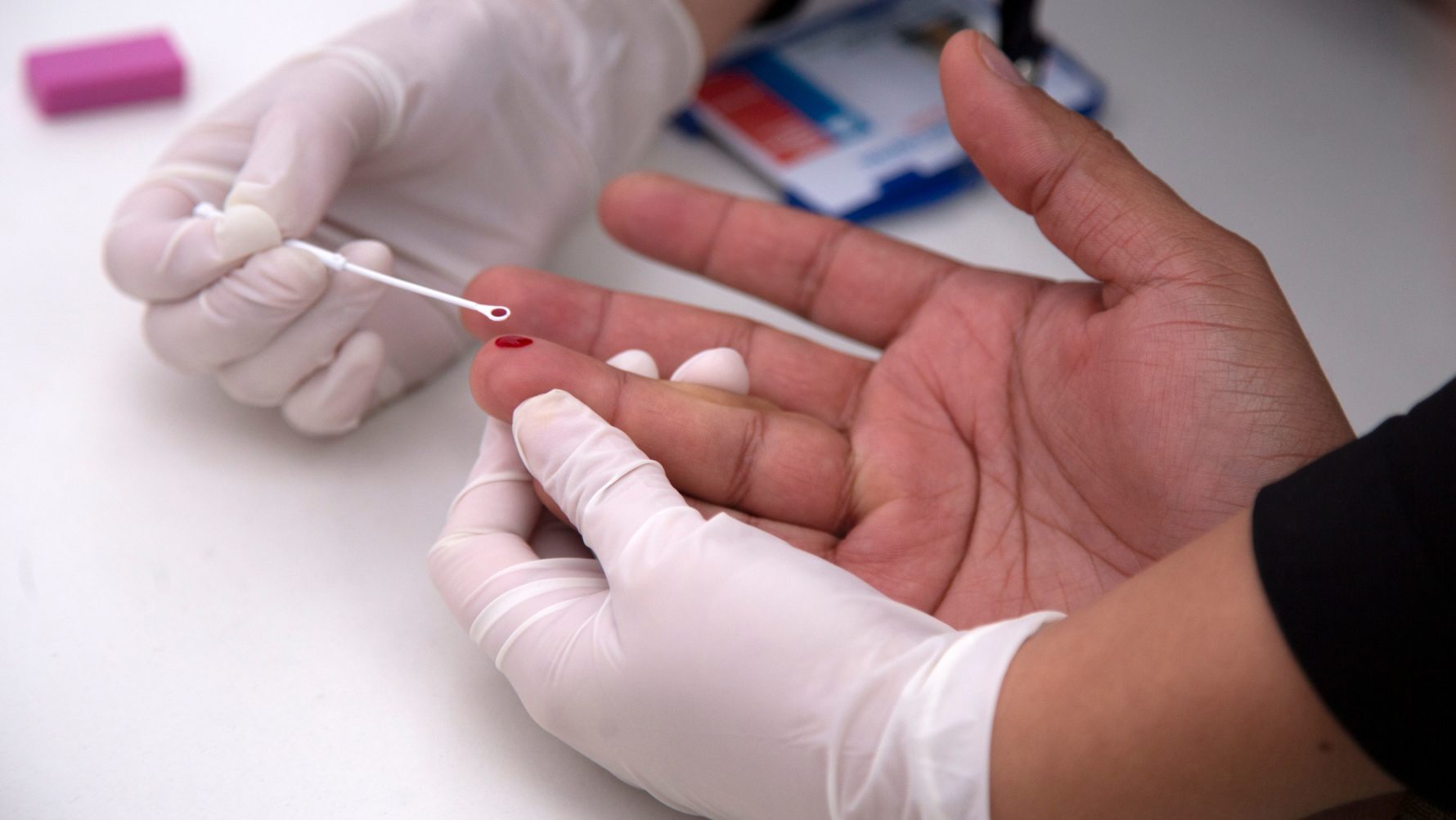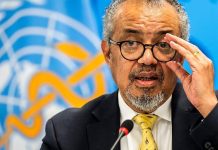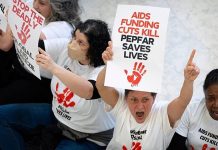
ONLY 60 per cent of people with HIV/AIDS are aware of their status, according to the 2016/2017 Tanzania HIV Impacts Survey (THIS) findings.
The 60 per cent is below the United Nations Programme on AIDS’ (UNAIDS) target of 90 per cent. Minister of State in the Prime Minister’s Office, Policy, Parliamentary Affairs, Labour, Youth and the Disabled Jenista Mhagama, speaking here over the weekend, said the findings should serve as a wake-up call to regional authorities to encourage more people to voluntarily conduct HIV testing to know their status.
“Knowing HIV status will help people living with the virus to start taking ARV medication at the right time as well as curb the infections,” said the minister during the launch of the final report of the fourth THIS.
THIS, a population-based HIV impact assessment, was jointly conducted by Tanzania Commission for AIDS (TACAIDS), Zanzibar AIDS Commission, National Bureau of Statistics (NBS) and the Office of Chief Government Statistician Zanzibar (OCGS) under the auspices of US government.
Acting Statistician General Andrew Ulindula informed that the findings show about 72,000 people aged between 15 and 64 get new HIV infections a year, with only 52.4 and 65.3 per cent of males and female, respectively, knowing their HIV status.
Mr Ulindula said 93.6 per cent of those who know their HIV status have started to take ARV dose and 87 per cent of them have had their health improving.
He noted that while the highest prevalence rate was observed in Iringa, with 11 per cent, Mbeya’s 9.3 per cent and Njombe (11.4 per cent), the lowest prevalence rate was observed in Kusini Unguja and Kaskazini Pemba, both with zero per cent.
The Survey Project Manager, Mr Emiliano Karugendo, said THIS, the household-based national survey was conducted between October 2016 and August 2017, saying the survey offered home-based HIV testing and counseling with return of results.
“The survey interviewed 14,452 households. In the household surveyed, 36,087 adults aged 15 and above and 10,452 children aged 0-14, were eligible to participate in the survey,” he said.
TACAIDS Executive Director Dr Leonard Maboko urged policy makers, planners and other stakeholders who work in the area of HIV/AIDS to use the findings to make informed policy decisions.
“The findings furnish the government, key health stakeholders and the general public with official statistics for use in planning, policy making, monitoring and evaluating programmes on HIV,” said the TACAIDS Executive Director.






